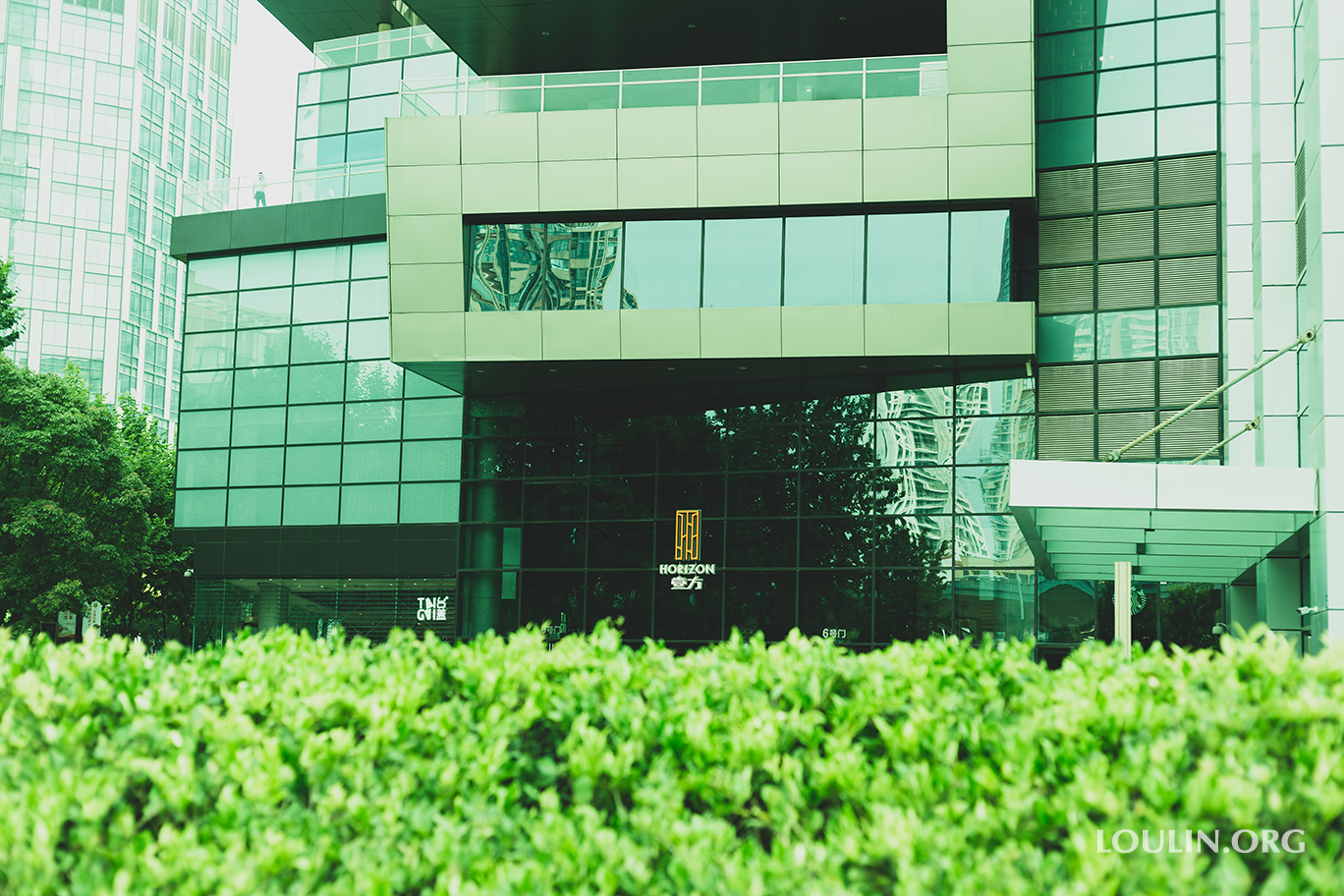“What Henanese are experiencing in China is basically what Jews in Western society had or have experienced.”a fact that Henanese people have experienced profound xenophobic remarks towards them indicates an acute situation facing the people of Henan, a province in central China.
Romy, in his twenties, was going to Beijing to attend a week-long internal training convened by an English teachers association. Conveners came from all over the nation. But regarding to high hotel costs that Romy could hardly afford—though part of those expenses could be reimbursed by the company he worked; for the purpose of minimizing his expenditure while staying in Beijing, he had proposed a message to find a roommate for a two beds business room in a meeting attenders’ chatting group. Jon, a trainee attending the meeting and from Anhui province, responded to Romy.
“Are you hungry?” Jon said to him as they met in the first time before the hotel porch. That was winter but Romy felt Beijing is hardly colder than Hubei, a province in central China and known for its affluent hydroelectric resources. Winter in Hubei is harder to endure owing to its high-humid weather condition making people feel frozen.” Romy said, citing that Hubei doesn’t have a centralized heating system for all in provincial-scale, which northern provinces have.
They went to a dumpling restaurant. “Have some dumplings.”said Jon, insisting Romy to eat some. “I’ve eaten before you arrive so I just accompany you lest you be alone.” He replied.
Their days together went by peacefully enough initially that Romy says that he could not expect more until one thing happened later ruined those all. When they got off of the conference; both of them felt tired and went straight back to the room. Jon was talking in the mobile phone with his mother. “It may be impolite to hear other people talking in phone; but given that you are in such an encapsulated room with such a vocal conversation near you, hardly can you not notice about what they were talking about.” Romy recounts. He then heard Jon’s mother asked “where does your roommate come from?”. Hearing her son—Jon—uttered “from Hubei” to her, she replied with a high pitch saying that Hubeians are very jīng—a Chinese adjective mainly used for derogatory purpose to belittle someone’s traits as discreditable, synonymous with lurking. To say someone is very jīng in China is equivalent to saying the N-word before a person of African-descent, or presenting the swastika symbol before a person of Jew-descent. “I wanted to protest but found that there was no chance of doing so because you are basically a non-participant in their family-talking.” Jon evoked that occurrence, adding that “you cannot go straight saying that how dare you say that to rebuke him for his mother’s use of the word jīng to describe a group of people she dislikes.”
Scapegoating a group of people for the very crisis is irresponsible but that is what most people will do.
Romy
Years after that, Romy says that he still feels hurt by that incident. “I find that now hardly can I myself not doubt one’s intention of making remarks about another.” He recounted saying.
Now, with the onset pandemic haunting the world, which is first broke out in the city of Wuhan, Hubei, the stereotypes and bigotry assaults relating to the link between the virus and the province towards Hubeians only seemed to increase. Hotels are limiting and redefining in what a manner could Hubeians be admitted; some hotels outside of Hubei refused to admit Hubeians altogether. A bus carrying Hubeian workers back to work was refused to enter the border of Shanghai. A transportation official said to them “our leader gave us remarks that no cars with Hubei plates could be allowed entering Shanghai.” Thus the true massage uttered from those officials is actually that you the Hubeians are potential virus-carrier. Some migrant-workers form Hubei had no choice but slept on the bus altogether according to a report published on People’s Daily.
“Hubei is not ruined by the virus but by the bigotry bias linking Hubei with the virus, which is baseless as we have undergone a profoundly stringent lockdown for almost two months.” Romy said. “The ruin of Hubei will also be the ruin of the entire nation. Scapegoating a group of people for the very crisis is irresponsible but that is what most people will do. Today’s Hubei, Somewhere else tomorrow.”He said.
“Luckily I am not working outside and not planing to work outside either.”Romy said, adding that the word uttered from his roommate’s mother still makes him feel a bit seething. Reciting that, he said “Though I still feel about that, I know I need to realize that is what made them feel good about; you know, you can not have unrealistically high expectations towards others. That’s what it is all about.”
He smiled reminiscently. “I still feel graceful towards Jon despite of his mother’s remarks; he insisted me to eat some dumplings.”
“I think life is just such that regardless of the challenges you face, we got to learn to let things go and to reconcile with others and finally ourselves.” Romy added, smiled.
- Jīng, or jīngmíng, (精): a derogatory adjective whose use is seen by most people as stereotypical and xenophobic; and whose rough equivalent in English may be the word lurking or trickery.
- A report regarding discrimination facing Hubeians first appeared on Guangming Daily, People’s Daily then reposted it on its website as the title of ‘Don’t Let Hubeians Get Stuck on the Way Back to Work, Again.”—《别再让湖北人困在复工囧途》光明日报,March, 24th, 2020

